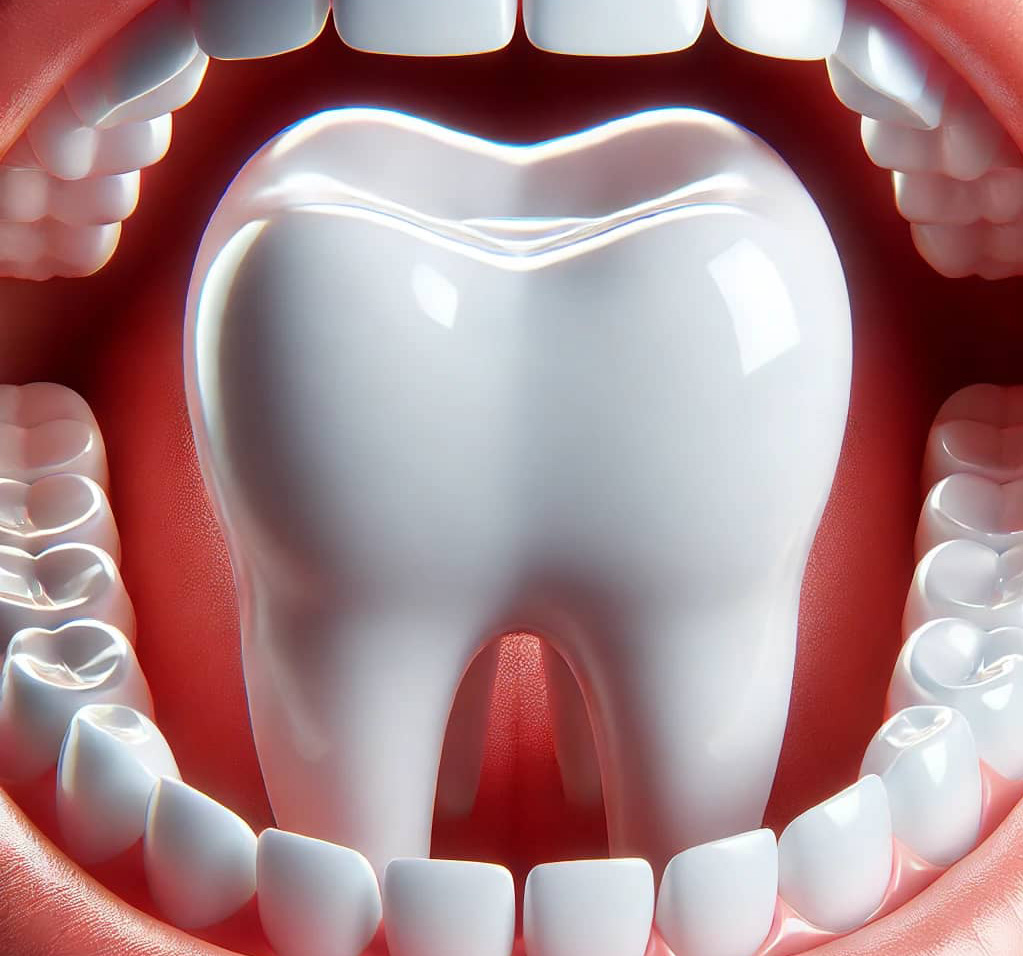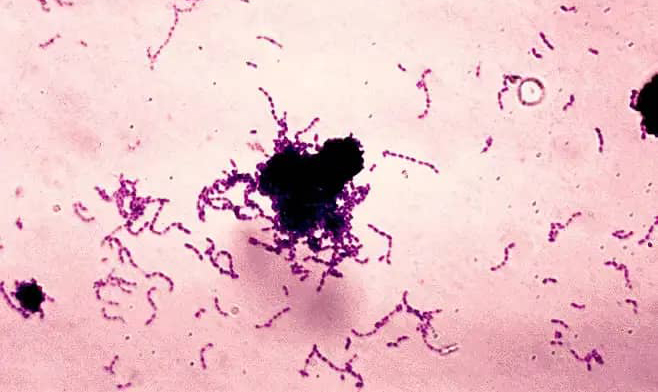
Dental plaque and cavities are common oral health issues that affect almost everyone at some point in their lives. While traditional methods like toothpaste, mouthwash, and regular dentist visits help, there's always room for improvement in prevention.
Scientists from Ben-Gurion University, along with Sichuan University and the National University of Singapore, have discovered the potential of 3,3′-Diindolylmethane (DIM), a naturally occurring molecule also known as bisindole. DIM has shown the ability to reduce bacterial biofilms by 90%, which are responsible for causing plaque and cavities.

These biofilms grow in the moist, sugary environment of the mouth, damaging the enamel and leading to cavities. By disrupting the formation of these biofilms, DIM limits harmful bacterial growth, which could significantly reduce dental issues.
The DIM molecule has very low toxicity, making it a safe addition to toothpaste and mouthwash products, thereby enhancing oral hygiene. Additionally, DIM’s anti-carcinogenic properties open up possibilities for broader applications.
With the inclusion of DIM in oral care products, we could see a new, effective approach to combating plaque and cavities, marking a significant step forward in oral health and hygiene.

